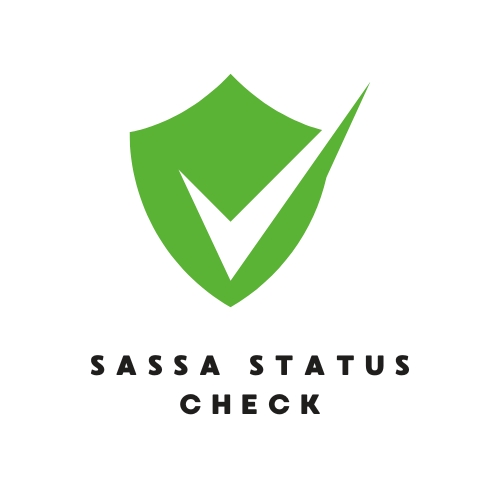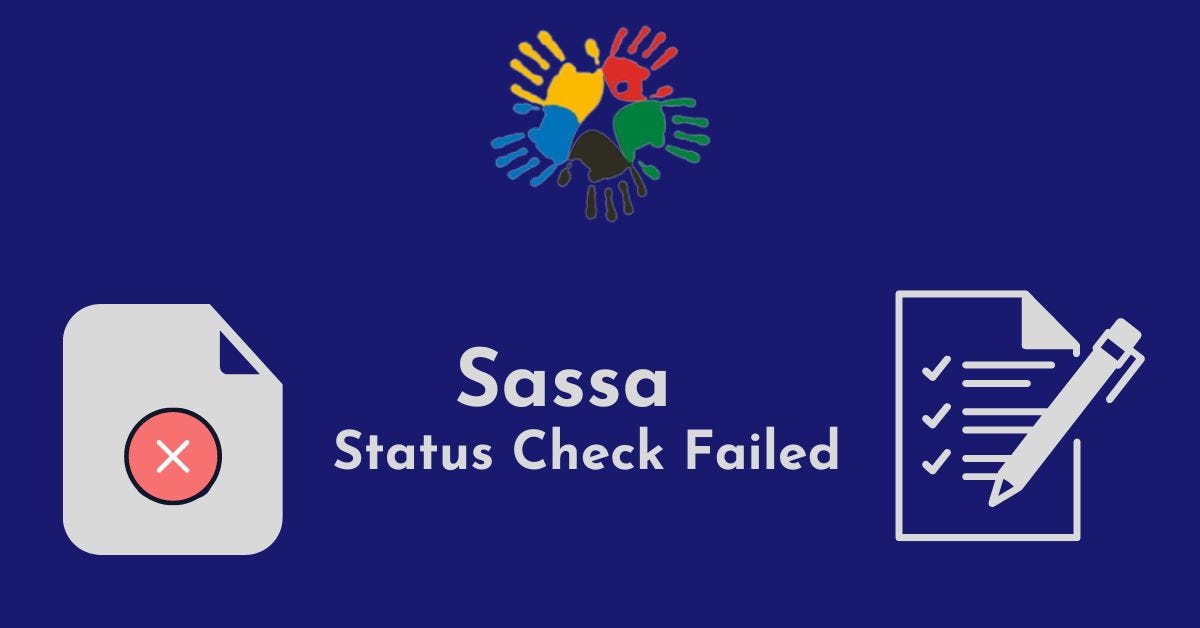Here is an optimized first paragraph focusing on the key phrase “SASSA social grants” and following SEO and NLP best practices:
SASSA social grants serve as a vital lifeline for millions of low-income and vulnerable South Africans facing poverty and unemployment. The South African Social Security Agency (SASSA) administers these crucial monthly cash transfers designed to help recipients meet basic daily needs. However, strict legal eligibility criteria govern access to SASSA’s social assistance programs within the constitutional framework.

Recipients must regularly check their SASSA account balances to monitor funds and ensure ongoing receipt of grant entitlements. This article will explore the indispensable role that SASSA social grants play in tangibly upholding constitutional rights and mitigating stark socioeconomic inequalities in South Africa amid persistent constraints. Optimizing access and delivery of these grants remains essential.
SASSA’s Mandate in Administering South Africa’s Expansive Social Assistance
SASSA is an agency under the Department of Social Development that centrally manages and distributes social grants nationwide as part of South Africa’s extensive social protection system. This system is underpinned by the constitutional right to social security seeking to fulfill the state’s obligation to provide basic necessities to all citizens.
Established in 2004 after consolidating fragmented social assistance programs, SASSA provides streamlined access to social grants for low-income and vulnerable South Africans. These tax-funded programs include means-tested grants, disability grants, foster care grants, child grants and care dependency grants.
SASSA’s massive task of administering over 13 million social grant payments monthly reaching a third of the population makes it the largest social protection agency in Africa. For millions facing systemic barriers, regular SASSA grants are a crucial source of income to access food, healthcare, education and housing. As such, SASSA plays an indispensable role in tangibly upholding constitutional rights.
Navigating Eligibility Criteria for South Africa’s Social Assistance Programs
However, obtaining and maintaining access to SASSA’s social grants requires meeting strict eligibility criteria established through government regulations. Applicants must submit supporting documents and affidavits proving they satisfy criteria tied to income thresholds, assets, disability status, South African citizenship or permanent residency, and lack of other adequate financial support.
For instance, the Older Person’s Grant for citizens over 60 years requires proof that the applicant does not already receive other pension income above set thresholds. The Disability Grant requires detailed medical assessments validating the applicant’s inability to work due to disability. Child grants require birth certificates confirming applicants are primary caregivers of eligible children.
Frequent changes in regulations and policies around eligibility also create confusion regarding current criteria. SASSA periodically amends income cut-offs, disability tests, and other requirements based on budget constraints, efforts to exclude ineligible beneficiaries, and court rulings mandating expanded coverage. Applicants must keep updated on the latest eligibility nuances to avoid rejection.
Maintaining Access to Social Grants Through Status Checks
After initial approval, recipients must also periodically reconfirm eligibility through status checks, especially for temporary COVID-19 SRD grants. Failure to satisfactorily complete these status checks can result in suspension of grants.
Recipients unable to frequently travel to distant SASSA offices due to disability, affordability, or access constraints may require assistance obtaining and submitting the paperwork. Those who do not meet eligibility through status checks may have grants discontinued. However, truly deserving recipients can inadvertently get excluded through these administrative hurdles.
To overturn erroneous grant suspensions, recipients must appeal adverse decisions through SASSA’s Complaints Handling unit with supporting documentation. Navigating reconfirmation mandates within shifting regulatory frameworks presents difficulties for recipients merely seeking entitled benefits.
The Vital Role of Child Grants in South Africa’s Social Contract
Child grants, in particular, cement long-term welfare, nutrition and education access for poor households struggling with school fees and daily meals. The Child Support Grant provides up to R480 monthly to low-income caregivers of children under 18 years upon meeting requirements. These grants aim to cover basic costs like school uniforms, transport, and daily nutrition for development and learning.
Child hunger and malnutrition from an absence of social protection can have lifelong consequences, impacting productivity and economic participation. By providing income support to poor families, child grants uphold children’s socio-economic rights and future prosperity as mandated in the constitution.
However, some advocates call for expanding child grants and delinking them from biological parents to support alternate childcare facilities better. Policymakers must weigh targeting limited resources to the poorest against universal rights-based approaches.
Calls for Universal Basic Income and Policy Reforms
While South Africa’s current social grants expand the safety net substantially, coverage gaps remain with millions of economically marginalized citizens excluded. Approximately 14 million South Africans currently live below the food poverty line.
Some activists and economists promote universal basic income grants untied to means-testing. Others suggest higher inflation-adjusted grant amounts and automatic enrollment for recipients of other government benefits. Simplifying cumbersome application procedures through digitization and community-level assistance could promote inclusion of marginalized groups.
Implementing impactful reforms requires building political consensus and weighing fiscal constraints against human rights imperatives. Ongoing dialogue assessing empirical evidence and piloting alternative models can help strengthen social protection.
The Role of Civil Society and Legal Aid Organizations
Various non-profit organizations and legal aid clinics actively assist social grant applicants and recipients with navigating the bureaucratic web of documentation and regulations. For instance, they may help collect required paperwork, explain frequently changing rules, assist with complicated application forms, provide advice on appeals, and expose application backlogs or corruption.
These civil society groups fill a vital gap in providing information and assistance otherwise inaccessible to marginalized communities. They empower recipients through information, provide last-mile assistance, and uphold social accountability. Many also advocate for policy reforms based on grassroots insights to transform programs. Their role has been indispensable.
Promoting Financial Inclusion Through Social Assistance
Linking social grants to basic bank accounts also enables recipients lacking prior financial histories to access the formal banking system. SASSA partners with major banks and financial service providers to ensure grant recipients can open low-fee or no-fee accounts.
This provides access to ATM cards, digital payments, remittances, credit opportunities, and other financial services. However, mere access to a basic account does not guarantee full financial inclusion. Recipients also need tailored learning programs on topics like budgeting, saving, debt traps, and insurance to gain optimal value. Integrated appropriately, social grants can provide a bridge to prosperity.
In conclusion, SASSA’s social grants remain essential to upholding enshrined rights and alleviating South Africa’s deep inequalities. While coverage gaps remain, they already provide a measure of social security to millions and form a crucial element of the post-Apartheid social contract. Efforts to simplify access further must continue while weighing fiscal constraints. Regularly checking balances enables recipients to monitor this indispensable income lifeline.
